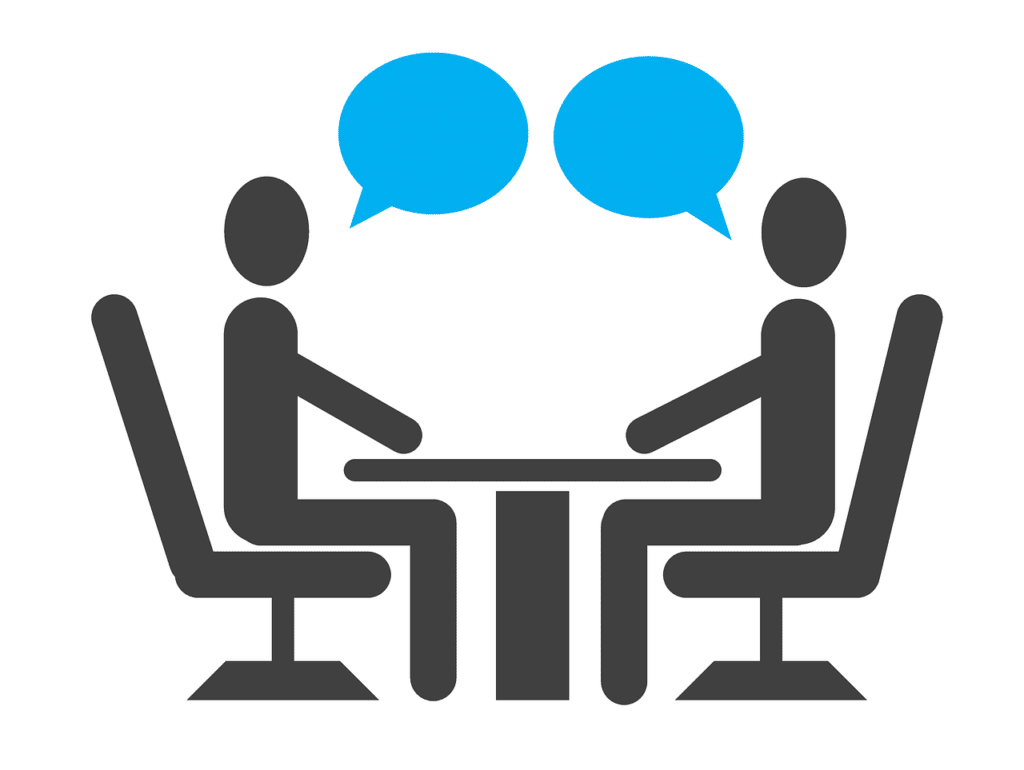Networking Tips For Quiet Persons

The fear of networking can be overcome with a little preparation.
If you tend to be more reserved, you might think networking isn’t for you. It can be intimidating to approach strangers and introduce oneself. Networking can also come out as forced or unnatural.
However, networking is a talent like any other, and even if you’re naturally shy, there are many ways to develop your networking skills. Changing how you view networking might be beneficial. Don’t view it as a chance to network with as many people as you can or as a way to promote your company or yourself. Instead, think of it as simple networking to increase your contact list of new acquaintances, mentors, and potential employers.
Practice. If networking isn’t your strong suit, start honing the skill right away. Commence with your body language, which is significantly more expressive than words. “Be careful of body language from start to finish in conversations,” advised David Almonte, CPA, an audit manager at Warwick, Rhode Island-based accounting firm DiSanto, Priest & Co.
Establish eye contact. While too little can make you appear uneasy or dishonest, too much can make the other person feel as like they are being watched. Maintain a straight back. Avoid crossing your arms because doing so could give the impression that you’re distant.
Practice, Practice, Practice
To practice your discussions, you don’t need to be at a networking event. There is no better setting for small talk practice than a family outing with loved ones, according to Almonte.
Recognize that other people are also anxious about it. Denny Faurote, CPA (inactive), founder of the Faurote Group, an Indianapolis-based professional training and coaching company, remarked that the other person is probably feeling just as uncomfortable as you are and will likely appreciate and respect you for starting the dialogue.
Possess go-to inquiries. Prepare your remarks in advance. It’s acceptable to enter events with go-to phrases you use repeatedly. Introduce yourself and say where you work as a simple place to start. Next, request the same information from the other person. “People love to talk about themselves,” said Kristen Rampe, CPA, principal of Kristen Rampe Consulting, a firm that specializes in coaching and leadership development.
Ask attendees why they came to the event or how they decided on their profession, suggested Faurote, noting that cell phones should be kept away during conversations. Ask attendees at a conference which session they attended most recently and what they thought of it.

Skip through delicate subjects. Most individuals are aware that talks about politics and religion may quickly turn contentious. However, avoid criticizing your boss or anyone else as it comes out as unprofessional.
Don’t exert excessive pressure to close a contract. Pushy salespeople are the one thing that Almonte dislikes most at networking events. “I adore networking events that encourage forming connections rather than generating leads.”
Be on time. Almonte makes an effort to get to his activities early because entering a packed space can be scary. Take use of the opportunity to survey the space. The conversation comes to you when people enter the room by being one of the early arrivals, as opposed to the other way around, he claimed. Finding individuals to approach can be less stressful than approaching groups.
Identify the appropriate time to discontinue it. The ability to end discussions may be the most difficult aspect of networking. It’s okay if you just have one excellent conversation the entire time. However, you can go on to the next person if the other person gives brief responses, seems indifferent, or if you run out of things to say. Rampe advised taking a closer look at the other person’s feet. She advised both of you to end the conversation if their feet were pointed outside of it.
You may try saying something like, “It was great to meet you, I hope you enjoy the rest of the event.” or “It was pleasant speaking with you. Go ahead and get a glass of water for me.
A follow-up. Follow up is important because the ultimate purpose of networking is to assist one another in the future. In order to take notes once the conversation is finished, Faurote carries notecards. Within 48 hours, he adds new contacts to his Outlook contacts. It is appropriate to offer a LinkedIn connection right away.
Inform everyone that you would love to resume the conversation at a later time as the chat comes to a close. Request their contact information and assure them that you will get back to them. The most crucial piece of advice is to do as you say, according to Almonte. “Reach out to arrange a meeting as soon as you indicate you’ll do so.
Your Career Place thinks you will find our research article on meeting tips for quiet persons to succeed in interviews interesting. If networking isn’t your strongest suit, go to work on it as soon as possible and practice.




